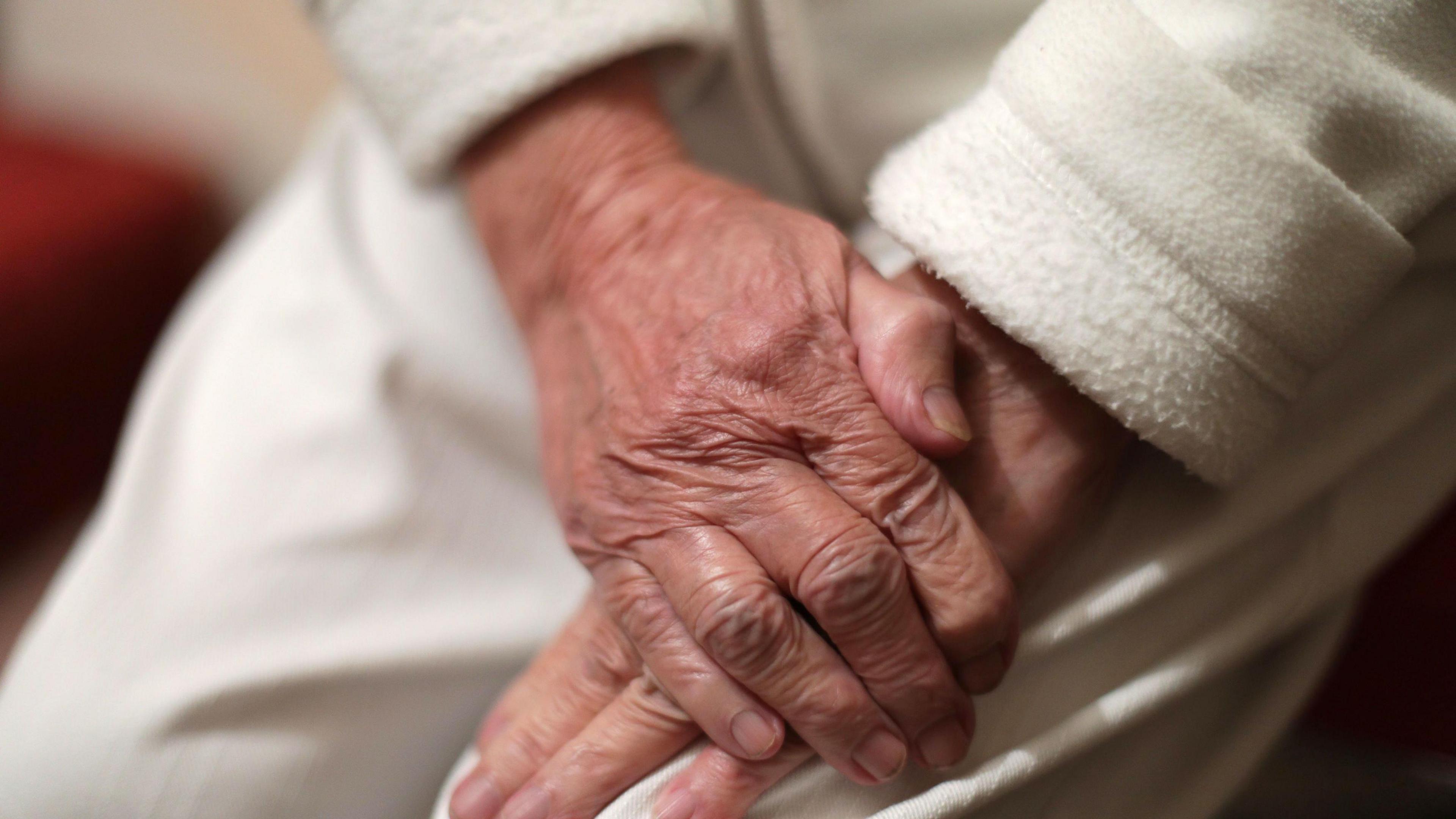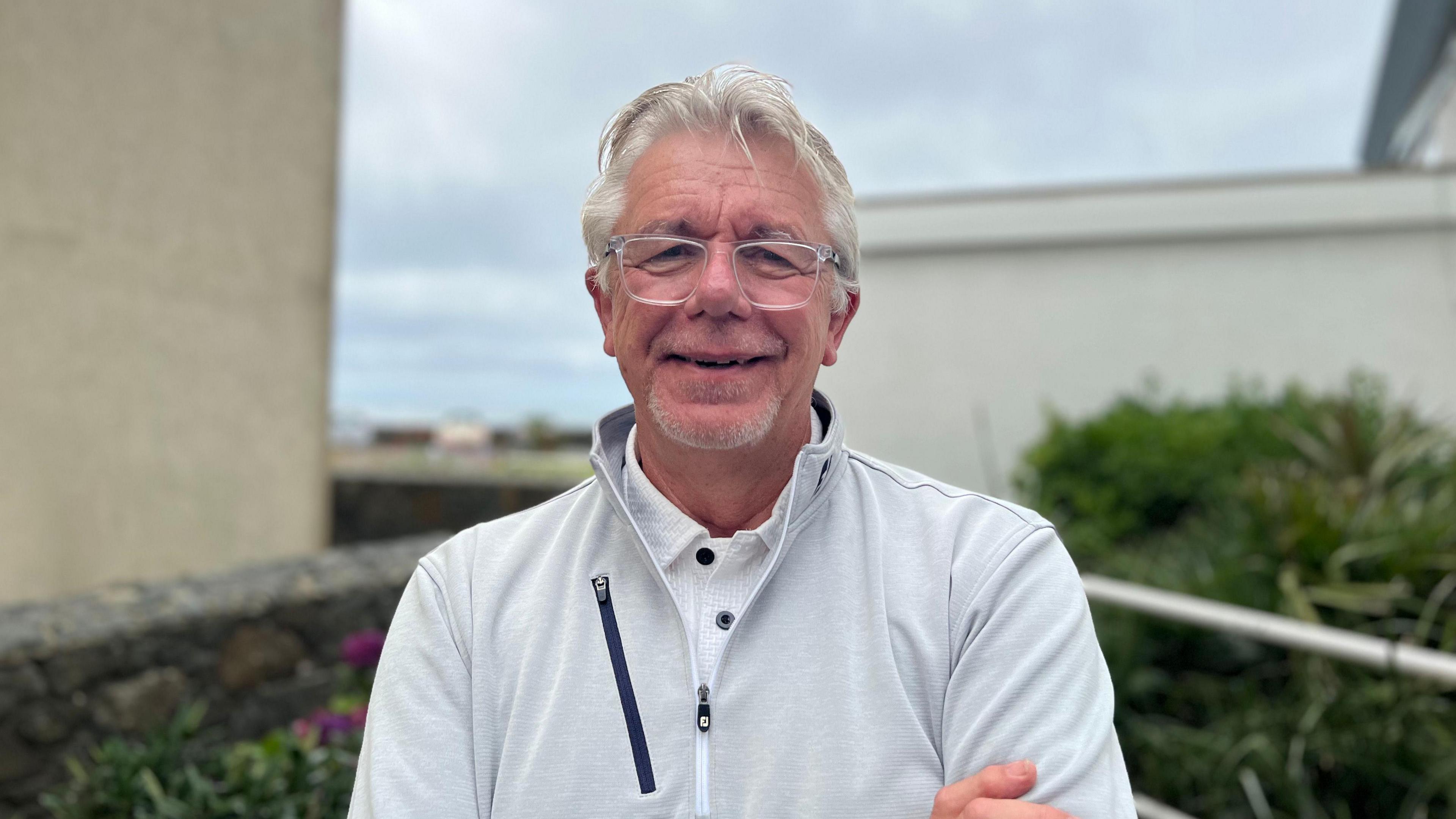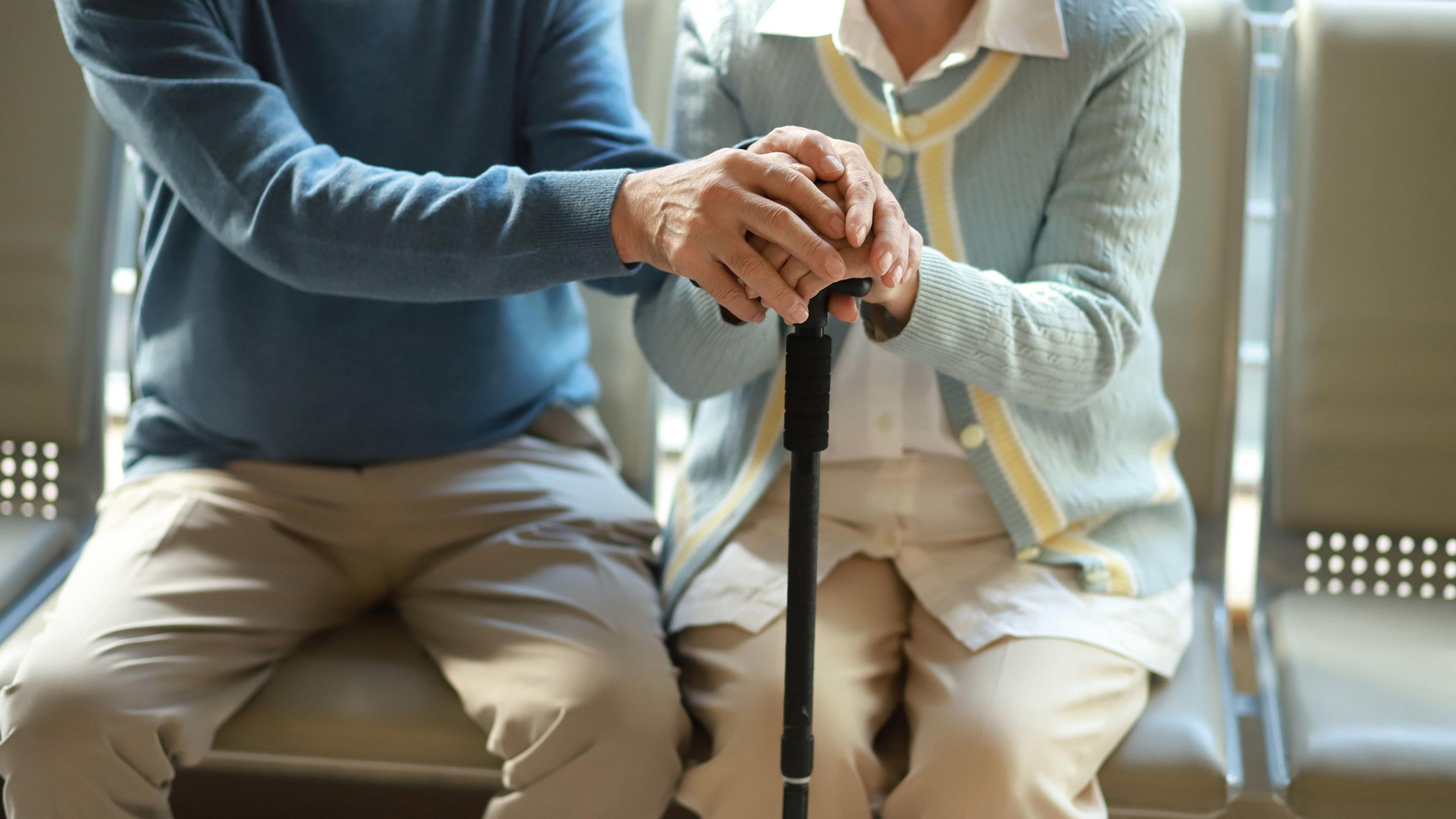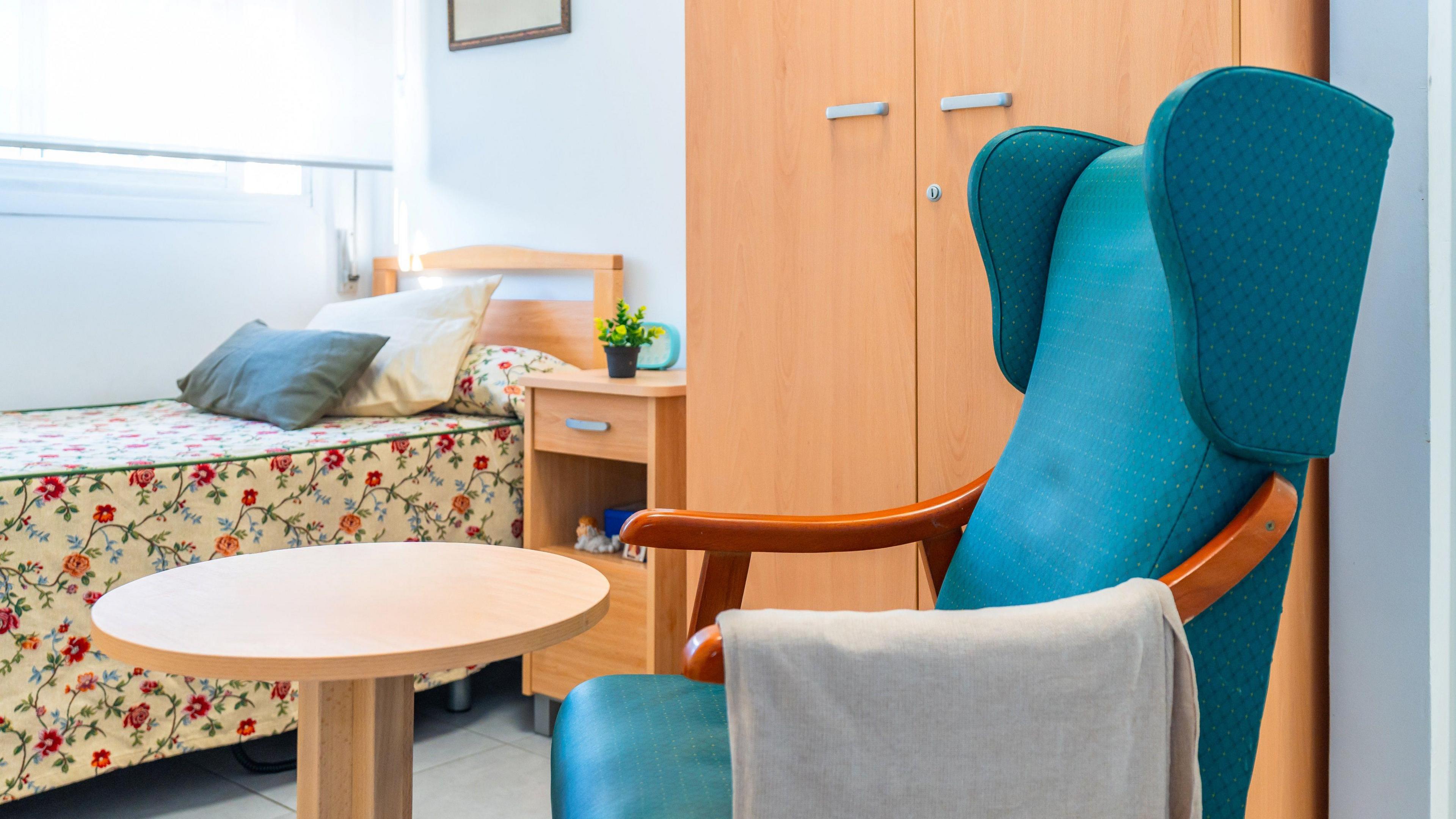Woman feels at risk after nurse alarm failure

Nurse alarms can come in different formats
- Published
A charity has raised concerns after an islander said she ended up on the floor for two hours due to a broken nurse call system.
Joan, whose name has been changed to protect her identity, said she suffered a fall while the emergency alarm system was down and had to wait two hours before help arrived when nurses carried out a regular check-in.
Age Concern Guernsey said such alarms were a "lifeline" and it was essential they were in working order.
Health and Social Care (HSC) Operational Support Services, which oversees some of the support systems, not including Joan's, said it was planning a "phased replacement of legacy nurse call systems across various healthcare sites".
HSC is looking for a supplier to undertake its Nurse Call System Replacement Programme covering about 200 beds.
It said the list of sites was "not exhaustive" and "may change once the process progresses".
"The current nurse call systems from various providers, vary in age, with the majority 10 to 15 years old.
"Existing systems are maintained to ensure they continue working, and are not a clinical risk," it said.
Joan, who knows what it is like to have a system fail, said: "It's very frightening.
"You're very vulnerable... this is supposed to keep you safe and it isn't if it isn't working."
She said her system had been fixed but she was "worried all the time" it would fail again.
"You wonder if you're actually worth anything, because you're paying for it and you're not getting the service," she said.

David Inglis said about 1,200 people use the alarm service in the island
David Inglis, chairman of Age Concern Guernsey, said the systems were a "lifeline" for many.
"There are 1,200 people out there [using a system]," he said, adding it was "really bad" if just one had suffered due to a system not functioning properly.
He was also concerned how any system would work with the introduction of full fibre broadband to the island's communications network, replacing the current mixed fibre and copper wire operations.
Those behind the full fibre roll-out said the system would mean connections would be faster, more stable and more reliable.
Steve Ozanne, head of fixed networks at Sure, the telecoms company in charge of the technical side, said the utility wanted "to make sure it continues to work reliably on the new fibre network".
"If you or someone you care for uses a lifeline health alarm, you're eligible for a free battery backup unit when switching to fibre," Mr Ozanne said.
The company had also introduced a new lifeline device that used the mobile network, which it said would "continue to work if there is a power cut".
Follow BBC Guernsey on X, external and Facebook, external and Instagram, external. Send your story ideas to channel.islands@bbc.co.uk, external.
Related topics
- Published20 February

- Published19 December 2024
